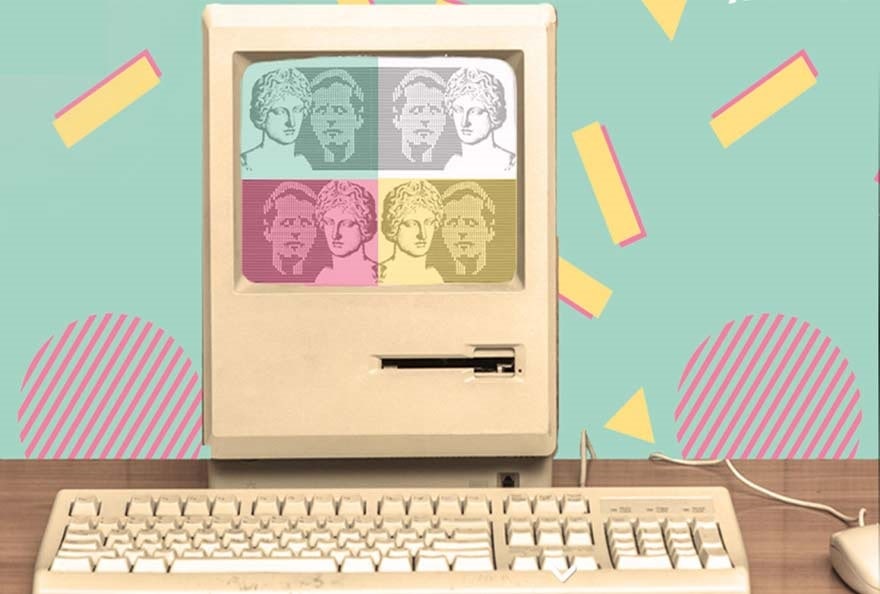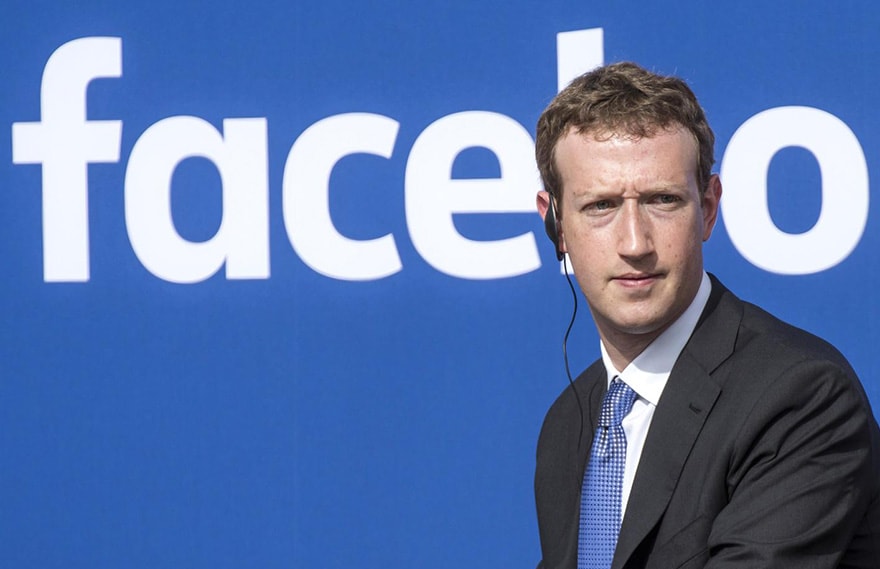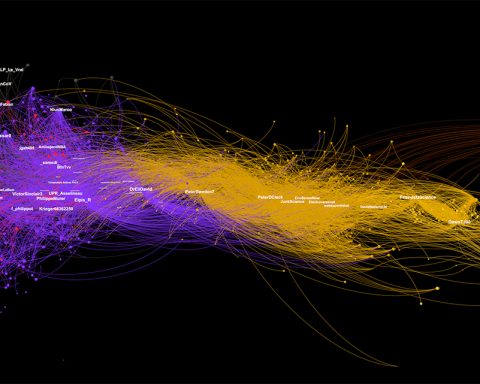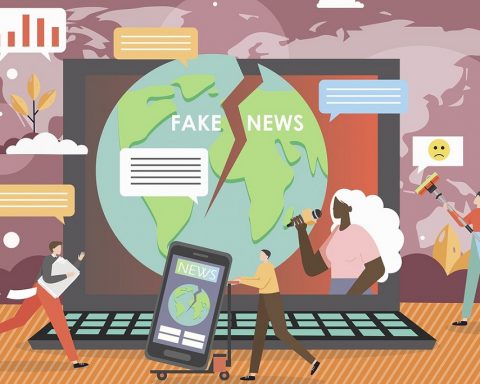In this month of January 2018, the CNIL celebrates its 40th anniversary! To mark the occasion, the CNIL offers you a selection of video archives concocted by the INA: television highlights retrace the CNIL's work and the major issues that have marked its history... and ours.
Aa Cnil was created by the law of 6 January 1978, known as the Data Protection Act, to protect personal data, support innovation and preserve individual freedoms, both on the part of the government and administrations and on the part of companies.
It all started with the creation of a project called "SAFARI" which was born in the 1970s. The aim of this government project was to identify each citizen by numbers and to interconnect all government files.
SAFARI was an example of a computer-related danger and motivated the government to find a solution. The government decided to create a commission to ensure that the development of information technology does not infringe on privacy and individual liberties.
This was the birth of the CNIL, Commission Nationale de l'Informatique et des Libertés, then chaired by Bernard Chenot.
That was the time when computers were rare ... Today, personal data are now massively entrusted by citizens and used by governments and businesses in everyday uses and services. In this digital world, the CNIL is the regulator of personal data. As such, it must strike a balance between respect for fundamental rights and individual freedoms and economic interests and public security imperatives.
For its 40th anniversary, the CNIL has created exceptional access to a selection of video archives produced by the INA. Television highlights that retrace the action of the CNIL and the major subjects that have marked its history: great voices of French television, showing visionary testimonies and cult replicas classified according to four major eras.

1970-1980's: citizen vigilance in the face of large government files
The computerization of administrations and then of companies raises debates on the protection of privacy. The government's project, called SAFARI, which plans to identify each citizen by a number and to interconnect on the basis of this identifier all the files of the administration, creates a strong emotion in the public opinion. The development of information technology must be done in a way that respects privacy and individual liberties! In 1978, the new law on information technology and freedom thus gave birth to the CNIL, an independent administrative authority.
The 1990s: Data, the fuel of marketing
Internet for all is launched, networks are expanding, data is flowing! Marketing innovates, e-health takes its first steps, video surveillance comes into play, employees are more closely monitored. Faced with the arrival of new challenges, a new European legal framework is emerging to promote the free circulation of personal data while harmonising the level of protection of this data.
2000s: the world is changing and data no longer has borders
After the shock of 11 September 2001, states around the world decided to strengthen security measures against the terrorist threat. France creates new police files and broadens the authorities' access to private communications. When the cursor of a bill leans towards "more security", the CNIL calls for guarantees to preserve individual liberties. It is also the birth of the Internet giants that ingest billions of user data from online accounts. "If it's free, you're the product" becomes the implicit rule of the game.
2010: collective awareness and adaptation of European regulation
The traces are accumulating and not only on the internet! Wrapped in sensors, connected objects surround us, manage us, advise us... In 2013, Edward Snowden reveals to the world that data collection by private actors and state espionage are two sides of the same coin. Collective awareness is accelerating the arrival of a more protective European framework for citizens' privacy. "To be forgotten", "to take away one's data" are now rights that are imposed on the major players in the digital world. What happens now? Artificial intelligence and algorithms are plunging society into new ethical issues. Once again, the CNIL is responsible for anticipating the risks to freedoms in a constantly changing world.












